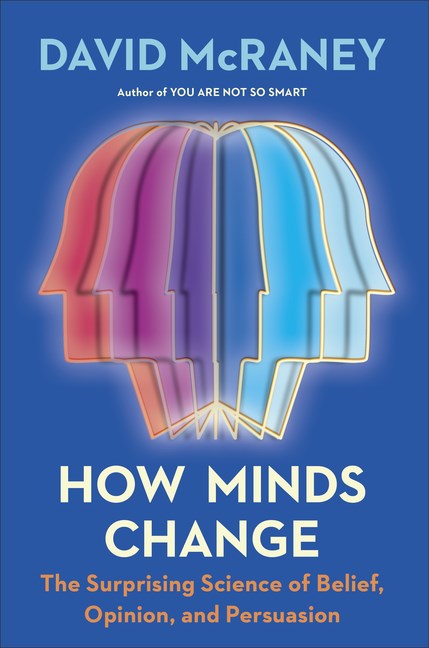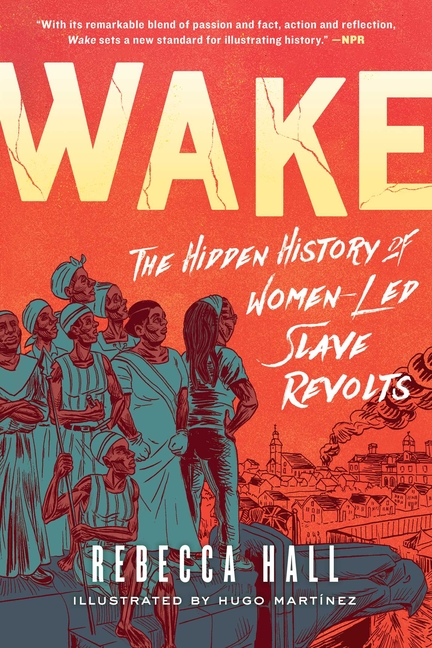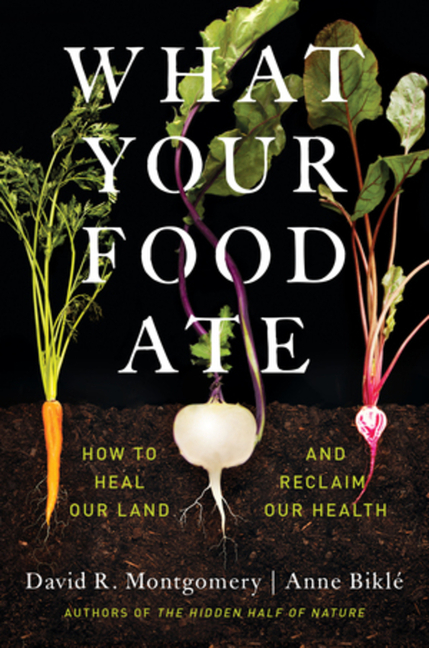Books to Watch | June 21, 2022
June 21, 2022
Looking for your next great read? We're here to help! Each week, our marketing team—Dylan Schleicher (DJJS), Gabbi Cisneros (GMC), Emily Porter (EPP), and Jasmine Gonzalez (JAG)—highlights four newly released books we are most excited about.
Book descriptions are provided by the publisher unless otherwise noted.
This week, our choices are:

The Fight to Save the Town: Reimagining Discarded America by Michelle Wilde Anderson, Avid Reader Press (JAG)
Anderson excavates the erosion of municipal infrastructure in four disparate places--Stockton, California; Josephine County, Oregon; Lawrence, Massachusetts; and Detroit, Michigan--to chronicle the human wounds left by decades of deep cuts to local government, and argue for reform and reinvestment in vital local institutions.
In the tradition of Matthew Desmond's Evicted and Robert Putnam's Our Kids, Michelle Wilde Anderson's The Fight to Save the Town confronts the demise of social mobility with clear and compelling analysis, human dignity, and astute ideas for reviving the power of equal opportunity. The four communities that Anderson studies exemplify the harm done by funding cuts, while demonstrating the potential for change in a new generation of people-centered leadership.
How Minds Change: The Surprising Science of Belief, Opinion, and Persuasion by David McRaney, Portfolio (DJJS)
What made a prominent conspiracy-theorist YouTuber finally see that 9/11 was not a hoax? How do voter opinions shift from neutral to resolute? Can widespread social change only take place when a generation dies out? From one of our greatest thinkers on reasoning, How Minds Change is a book about the science, and the experience, of transformation.
When self-delusion expert and psychology nerd David McRaney began a book about how to change someone’s mind in one conversation, he never expected to change his own. But then a diehard 9/11 Truther’s conversion blew up his theories—inspiring him to ask not just how to persuade, but why we believe, from the eye of the beholder. Delving into the latest research of psychologists and neuroscientists, How Minds Change explores the limits of reasoning, the power of groupthink, and the effects of deep canvassing. Told with McRaney’s trademark sense of humor, compassion, and scientific curiosity, it’s an eye-opening journey among cult members, conspiracy theorists, and political activists, from Westboro Baptist Church picketers to LGBTQ campaigners in California—that ultimately challenges us to question our own motives and beliefs. In an age of dangerous conspiratorial thinking, can we rise to the occasion with empathy?
An expansive, big-hearted journalistic narrative, How Minds Change reaches surprising and thought-provoking conclusions, to demonstrate the rare but transformative circumstances under which minds can change.
Wake: The Hidden History of Women-Led Slave Revolts by Rebecca Hall, Hugo Martínez (illustrated by), Simon & Schuster (GMC)
Women warriors planned and led revolts on slave ships during the Middle Passage. They fought their enslavers throughout the Americas. And then they were erased from history.
Wake tells the “riveting” (Angela Y. Davis) story of Dr. Rebecca Hall, a historian, granddaughter of slaves, and a woman haunted by the legacy of slavery. The accepted history of slave revolts has always told her that enslaved women took a back seat. But Rebecca decides to look deeper, and her journey takes her through old court records, slave ship captain’s logs, crumbling correspondence, and even the forensic evidence from the bones of enslaved women from the “negro burying ground” uncovered in Manhattan. She finds women warriors everywhere.
Using a “remarkable blend of passion and fact, action and reflection” (NPR), Rebecca constructs the likely pasts of Adono and Alele, women rebels who fought for freedom during the Middle Passage, as well as the stories of women who led slave revolts in Colonial New York. We also follow Rebecca’s own story as the legacy of slavery shapes her life, both during her time as a successful attorney and later as a historian seeking the past that haunts her.
Illustrated beautifully in black and white, Wake will take its place alongside classics of the graphic novel genre, like Marjane Satrapi’s Persepolis and Art Spiegelman’s Maus. This story of a personal and national legacy is a powerful reminder that while the past is gone, we still live in its wake.
What Your Food Ate: How to Heal Our Land and Reclaim Our Health by David R. Montgomery, Anne Biklé, W.W. Norton & Company (EPP)
David R. Montgomery and Anne Biklé take us far beyond the well-worn adage to deliver a new truth: the roots of good health start on farms. What Your Food Ate marshals evidence from recent and forgotten science to illustrate how the health of the soil ripples through to that of crops, livestock, and ultimately us.
The long-running partnerships through which crops and soil life nourish one another suffuse plant and animal foods in the human diet with an array of compounds and nutrients our bodies need to protect us from pathogens and chronic ailments. Unfortunately, conventional agricultural practices unravel these vital partnerships and thereby undercut our well-being. Can farmers and ranchers produce enough nutrient-dense food to feed us all? Can we have quality and quantity?
With their trademark thoroughness and knack for integrating information across numerous scientific fields, Montgomery and Biklé chart the way forward. Navigating discoveries and epiphanies about the world beneath our feet, they reveal why regenerative farming practices hold the key to healing sick soil and untapped potential for improving human health.
Humanity’s hallmark endeavors of agriculture and medicine emerged from our understanding of the natural world—and still depend on it. Montgomery and Biklé eloquently update this fundamental reality and show us why what’s good for the land is good for us, too. What Your Food Ate is a must-read for farmers, eaters, chefs, doctors, and anyone concerned with reversing the modern epidemic of chronic diseases and mitigating climate change.





